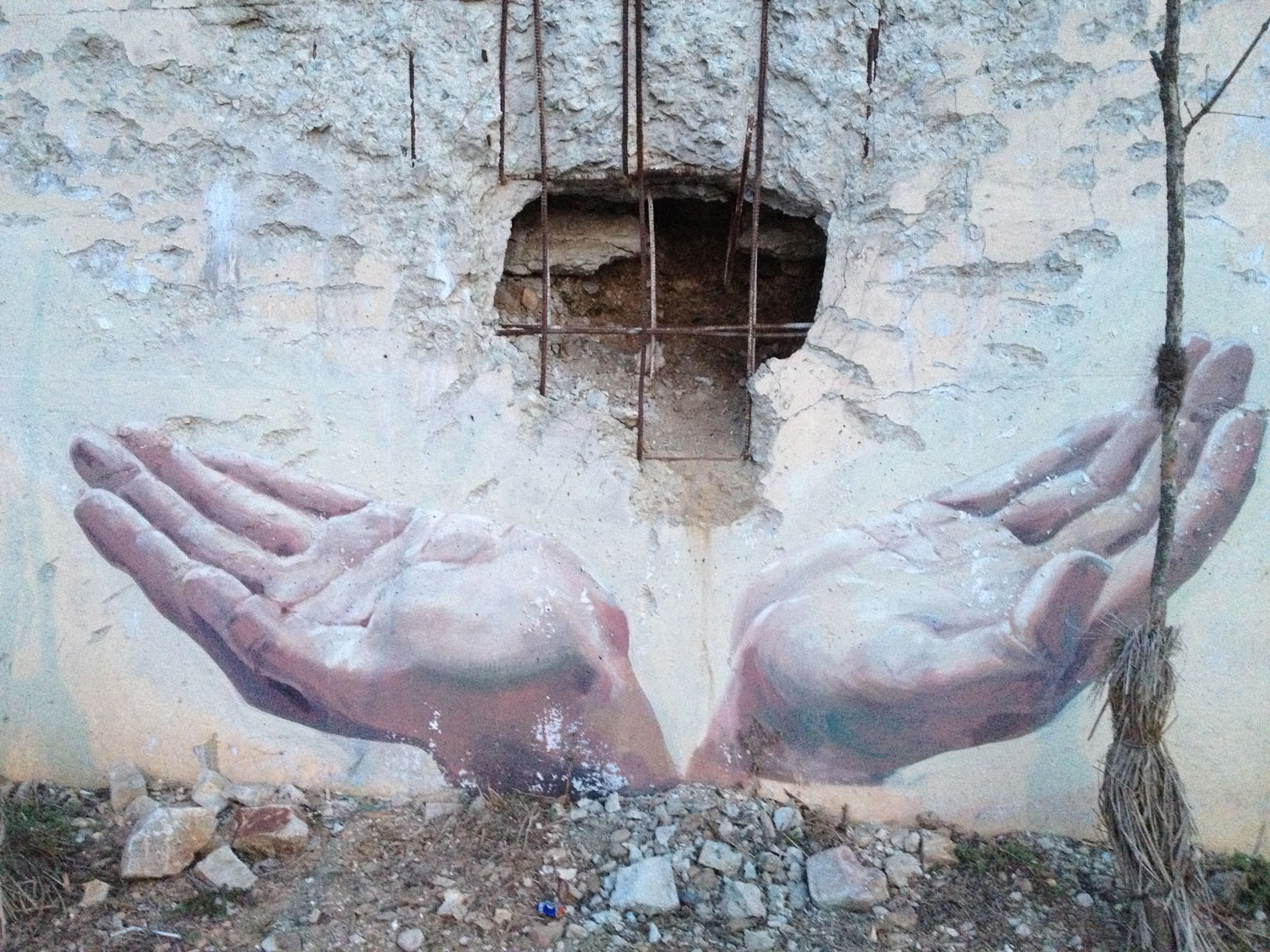North Korea's fatal artillery attack on the border island of Yeonpyeong over two years ago uprooted old wooden houses from their foundations. One shell punctured the concrete side of a soccer stadium, another struck a rooftop oil tank. Residents rushed to underground bunkers, and when they emerged hours later, much of their isle was aflame.
Among dozens of North Korean provocations against its neighbor over decades, the shelling of Yeonpyeong, which killed two South Korean Marines and two construction workers, is far from the deadliest or most audacious. But it carries oversize importance as tensions again soar between the two Koreas, because it redefined the South's thinking about how strongly its military should respond if attacked again.
South Korean officials cite Yeonpyeong as an instance in which their forces returned fire too late and too timidly — a mistake they pledge will not be repeated. If faced with a similar assault, President Park Geun Hye has told her military to strike back "without political consideration" and without waiting for top-level approval.



















With your current subscription plan you can comment on stories. However, before writing your first comment, please create a display name in the Profile section of your subscriber account page.